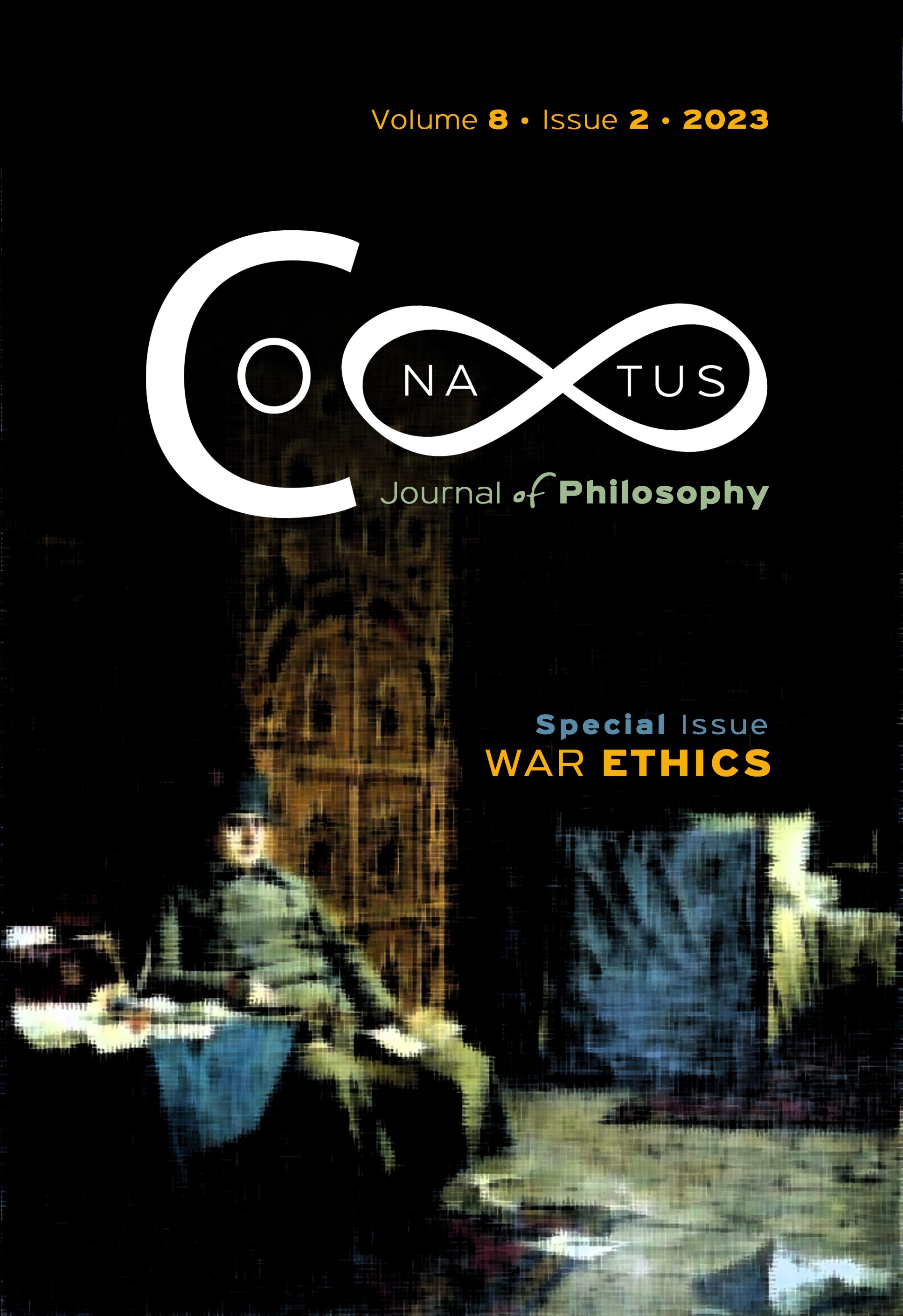Robotic Virtue, Military Ethics Education, and the Need for Proper Storytellers

Abstract
The introduction of artificial intelligence (AI) challenges much of our traditional understanding of military ethics. What virtues and what sort of ethics education are needed as we move into an ever more AI-driven military reality? In this article we suggest and discuss key virtues that are needed, including the virtue of prudence and the accompanying virtue of good and proper storytelling. We also reflect on the ideal of “explainable AI,” and philosophize about the role of fear in helping us understand what is actually at stake in a military infused with AI-enabled and AI-driven weapons.
Article Details
- How to Cite
-
Syse, H., & Cook, M. (2023). Robotic Virtue, Military Ethics Education, and the Need for Proper Storytellers. Conatus - Journal of Philosophy, 8(2), 667–680. https://doi.org/10.12681/cjp.35684
- Section
- Articles
- Categories

This work is licensed under a Creative Commons Attribution-NonCommercial 4.0 International License.
Authors who publish with this journal agree to the following terms:
Authors retain copyright and grant the journal right of first publication with the work simultaneously licensed under a Creative Commons Attribution Non-Commercial International License (CC BY-NC 4.0) that allows others to share the work with an acknowledgement of the work's authorship and initial publication in this journal.
Authors are able to enter into separate, additional contractual arrangements for the non-exclusive distribution of the journal's published version of the work (e.g. post it to an institutional repository or publish it in a book), with an acknowledgement of its initial publication in this journal.
Authors are permitted and encouraged to post their work online (preferably in institutional repositories or on their website) prior to and during the submission process, as it can lead to productive exchanges, as well as earlier and greater citation of published work.





